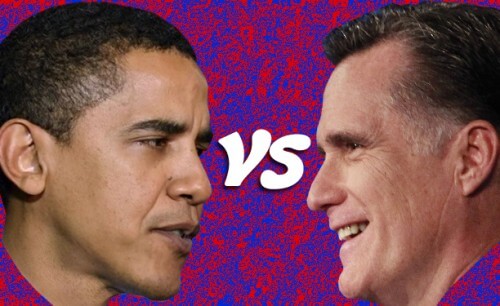When it comes to complex behaviors, genetic variation is not very important

Dozens of studies done in recent years show connections between certain genes and between the degree of liberality or conservatism of a person, the degree of his identification with a certain party and the likelihood that he will make sure to vote every time. As a result, the field of "political genetics" made headlines, but can it be argued that some genes influence a person's opinions and political actions?
We think not. Many of the findings we disagree with were obtained from studies in which they looked for a connection between behaviors and genetic variants common in the population. Many of the 20 or 25 human genes appear in hundreds of common variants. The differences between the versions are usually small differences in the sequences of DNA letters in the gene or in the repetitions of a certain section of it. For the most part, scientists do not know what effect, if any, these common genetic differences, called polymorphisms or multiformity in Hebrew, have on the function of the proteins they encode. Genes predict some well-defined physiological diseases, such as hereditary breast cancer, and the risk of getting Alzheimer's. But when it comes to complex human behavior, such as voting in elections, the genetic affinity is very loose at most.
One of the most prominent of the studies showing a connection between some polymorphisms and political behavior was published in 2008 by James Fowler and Christopher Dawes in the Journal of Politics. They concluded that those who have certain versions of the MAOA gene tend to vote more likely than others, and that those who have a certain version of the 5-HTT gene who frequently participate in religious ceremonies also tend to vote with a relatively high probability. We believe that these conclusions are wrong.
Like most claims that a certain gene predicts a certain behavior, the findings of the study are based on studies that test affinity for certain genes. Studies using this method do not review all the genes in the human genome to check if they have an affinity for a particular trait, but look for a possible relationship between one or two possible gene polymorphisms and the trait. Such research is relatively inexpensive, as it usually depends on large databases that already exist, but it can mislead researchers.
We identified two major problems with Fowler and Dawes' study. First, they made a mistake in classifying the genes they studied in a way that strengthened the statistical significance of the findings. Second, the methods they used are flawed because they do not properly account for the segmentation of the population, which includes different ethnic groups in which certain variants are more common due to migration lineages and mating patterns unique to each group. (This is a common problem in this area of research.) When we analyzed the data from the different ethnic groups in detail, we found contradictions. For example, among Asians, Indians and non-white Hispanics, we discovered the opposite trend - they voted less.
But we have deeper reservations about such studies. Polymorphisms of the same two genes linked to voting have also been linked to other behaviors and physical traits: irritable bowel syndrome, schizophrenia and premature ejaculation. This wide variety is very puzzling. The thought that two genes could be responsible for so many distinct and unrelated behaviors is biologically implausible.
New studies provide more and more evidence that the genetic influence on human behavior involves thousands of different genes, which affect each other and their environment in a complicated way. One example is the differences in the degree of aggression of the fruit fly, which is influenced by the action of more than 4,000 genes. The chance of finding complex human behavior, such as voting habits in elections, influenced by one or two genes tends to zero.
__________________________________________________________________________________________
About the authors
Evan Charney is Associate Professor of Public Policy and Political Science at Duke University's Sanford School of Public Policy.
William English is a research fellow at Harvard University's "Edmund G. Safra Center for Ethics".

One response
I wonder if there are genes that will make me convinced by the article or not.
And if there are any, why should I think that the article is right/wrong.
Human freedom is an axiomatic foundation for all scientific inquiry.
For if my mental processes are determined entirely by the motions of atoms in my brain I have no reason to suppose that my beliefs are true. They may sound chemically, but that does not make them sound logical. And hence I have no reason for supposing my brain to be composed of atoms. – JBS Haldane